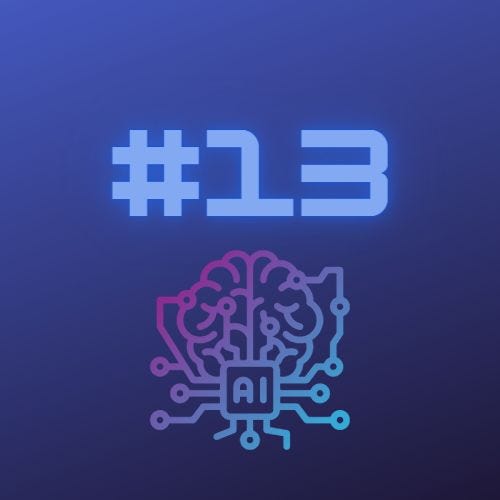#13 - ChatGPT and Generative AI
Artificial intelligence is improving and will continue to play a vital role in our lives.
Dear Readers: Life in the Morabito household has been a little busy lately, but I’m hoping to reignite this newsletter for 2023 and continue to share compelling insights on the intersection of learning, work, and technology. If you don’t see frequent enough posts, hold me accountable by leaving feedback below!
In case it needs to be said, I’m writing Trailblazing with Jake Morabito in my personal capacity, not affiliated with any present or past employer. However, I would like to share some of my thinking and quick excerpts from a project I’ve been working on in my professional capacity on artificial intelligence (AI), particularly the feverish discourse surrounding new AI chatbots like ChatGPT that burst onto the scene last November.
Although AI products have been integrated and refined in hardware and software products for well over a decade, the AI tool itself is often functioning on the backend and is not really visible or front-of-mind from the user’s perspective.
ChatGPT, on the other hand, resonates with the public precisely because it is so interactive, using natural language processing to communicate in full sentences and mimic human speech. Probably the last time a new AI product made this much of a splash was the launch of Apple’s Siri and Amazon’s Alexa virtual assistants amid the early days of smart home devices.
Understandably, people are impressed—and often shocked—at what AI tools like ChatGPT are capable of. Channeled correctly, such tools can aid our work and play, improve internet searching, and enable good faith actors to create new product lines and pioneer exciting use cases that benefit society. It can be easy to overlook the many positive impacts in this debate.
Of course, in the short term, there will be inevitable growing pains as certain sectors are disrupted quicker than others, such as education. However, I believe these issues should be hammered out in public debate and not used to justify total bans, arbitrary limitations, or overly burdensome regulations of this emerging form of AI.
Some key takeaways from my piece:
OpenAI, the developer of ChatGPT, has successfully delivered a highly desirable product with tangible, real-world applications for users. The groundswell of genuine enthusiasm around ChatGPT has prompted industry competitors, including Google, to invest in their own generative AI and chatbot services.
In this early stage of development, government should avoid the temptation to regulate AI out of existence from a position of fear before the technology can even get off the ground.
In DC, policymakers are considering strict legislative proposals that could overregulate autonomous systems and algorithms at the detriment to consumers and good faith actors in the AI space.
States should instead enact policies that support domestic AI innovation and allow industry to chart the path forward.
I’m also proud to share some recent media interviews from my ALEC capacity on this subject:

The Tim Jones and Chris Arps Show - February 28
La Crosse Talk with Mike Hayes - February 27
Thank you again for your support and ongoing readership. If you like what you see, please consider subscribing and forward to a friend!


